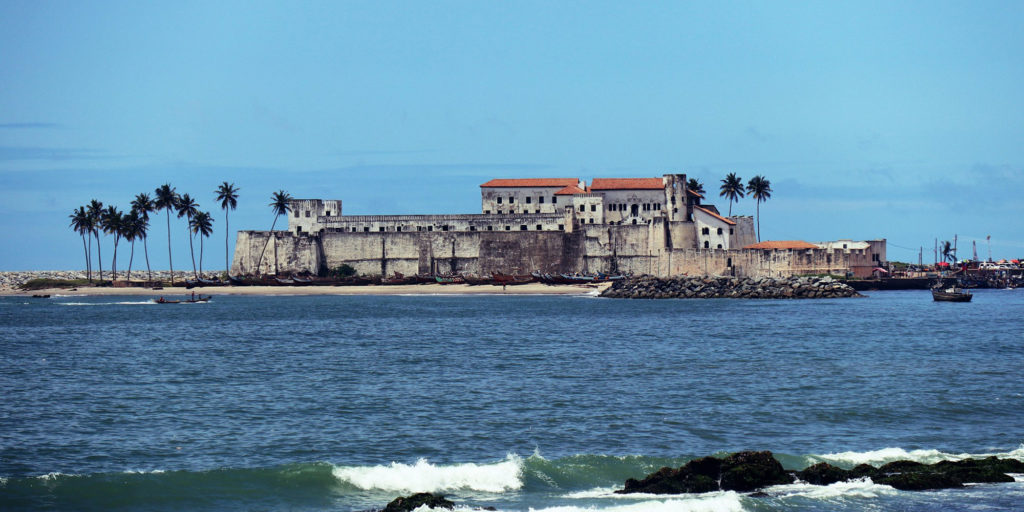History and Government
Formerly known as the Gold Coast because of the abundance of gold, the name was changed to Ghana after attaining independence from British colonial rule on 6th March 1957.
The country is named after one of the ancient Sudanese Empires, which flourished between the 4th and 10th centuries. Subsequently, the area was divided among several kingdoms, of which the most important were the Fanti, who occupied the coastal region, and the Ashanti, whose territory was further inland. The Portuguese were the first Europeans to arrive in the late 15th century.

During the next 300 years, the Gold Coast became a major trading centre, mainly in gold and slaves. From the beginning of the 19th century, an increasingly assertive Ashanti kingdom drove out many of the European colonists. The important exception was the British who, allied with the rival Fanti kingdom, defeated the Ashanti in 1874 and took control of the whole of the Gold Coast. The Ashanti-controlled interior was subjugated over the next 15 years and converted into protectorates’, locally ruled under British supervision.
The colony’s lands were supplemented in 1917 by parts of neighbouring Togoland which was formerly under German control. Together, these formed what in 1957 became the independent state of Ghana – the first British territory in Africa to be decolonised. Three years after independence (1960) Ghana became a Republic with Dr Kwame Nkrumah, leader of the Convention People’s Party (CPP) as the first President.

Under Dr Nkrumah, Ghana made rapid and remarkable progress in education, industrial and infrastructure development and in the provision of social services. At the same time, the country played a leading role in international affairs – especially the United Nations and Commonwealth – in the struggle for the liberation of other African countries, most of which were still under colonial rule.
Ghana practices a multiparty parliamentary democracy based on a constitution. The Fourth Republican constitution, accepted by refrendum and came into force in 1992, provides for a unitary state governed by a president (and cabinet ministers) and a unicameral National Assembly.
The presidency has a four year term and an incumbent can serve a maximum of two years. The Parliament has 230 seats and is elected for a four year term. The Supreme Court headed by the Chief Justice at the apex of the Judiciary constitutes the third arm of Government in Ghana. The legal system is based on common English law, where the courts are bound to develop the notions of fairness to an individual. The constitution also makes provision for continued recognition of traditional Chiefs and customary laws.
Local Government: A decentralized central government administration has been fostered at local government level where there are 10 regional co-coordinating councils, 110 metropolitan, municipal and district assemblies which serve to involve grassroots participation in the formation and implementation of government policies and general development of their area of jurisdiction.
Head of State: President Nana Addo Dankwa Akuffo Addo, since 2017.


